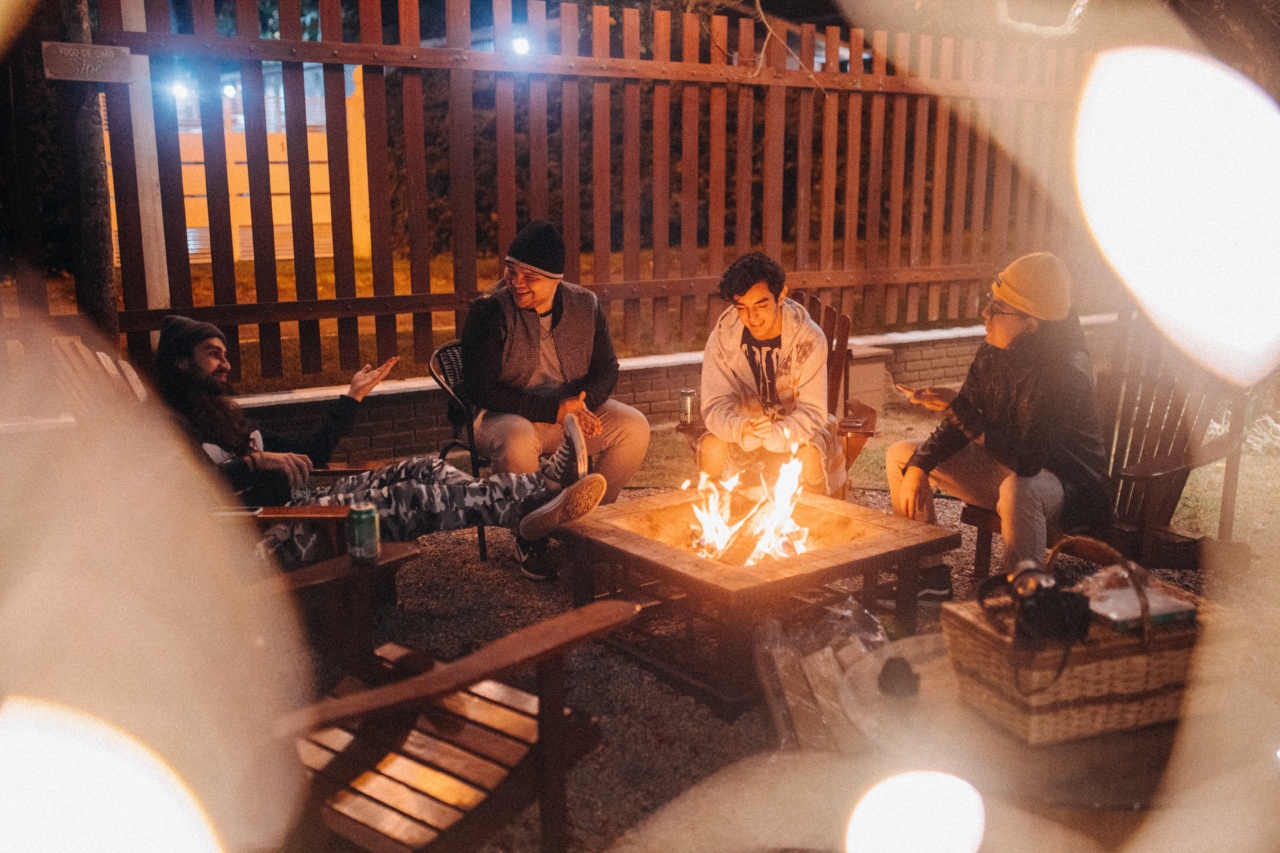Have you ever noticed that some people are able to stay up late into the night without feeling tired, while others can hardly make it past midnight? The ability to withstand the night is largely determined by a person’s internal clock, also known as their circadian rhythm. This rhythm controls the sleep-wake cycle and is influenced by various factors, including genetics, environment, and lifestyle choices.
Genetics and the Internal Clock
Research has shown that genetics plays a significant role in a person’s internal clock and their ability to stay up late. In fact, a gene called PER3 has been identified as a key player in regulating the sleep-wake cycle.
This gene helps determine whether a person is a “morning person” or a “night owl.”.
People who possess a “long” version of the PER3 gene tend to be night owls and are able to stay up late into the night without feeling tired.
On the other hand, individuals with a “short” version of the gene are more likely to be morning people and may have difficulty staying up late.
Of course, genetics is not the only factor that determines a person’s internal clock. Environmental factors, such as light exposure, also play a significant role.
The Role of Light Exposure
Our internal clocks are largely influenced by our exposure to light. Bright light exposure in the morning helps to reset the clock and signal the body to wake up.
Conversely, exposure to dim light or darkness in the evening signals the body to prepare for sleep.
However, not all light is created equal. Blue light, which is emitted by electronic screens such as computers and smartphones, has been shown to be particularly disruptive to the sleep-wake cycle.
This is because blue light suppresses the production of melatonin, a hormone that helps regulate sleep. Exposure to blue light in the evening can delay the onset of sleep and make it more difficult to stay awake during the night.
So, if you’re trying to stay up late but are struggling to stay awake, it may be worth considering the amount and type of light you’re exposing yourself to.
Limiting exposure to blue light in the evening and increasing exposure to bright light in the morning can help reset your internal clock and make it easier to stay up late.
Lifestyle Factors That Affect the Internal Clock
In addition to genetics and light exposure, certain lifestyle factors can also influence a person’s internal clock and their ability to stay up late. These factors include:.
1. Exercise
Regular exercise has been shown to improve sleep quality and can help regulate the sleep-wake cycle. However, it’s important to avoid exercising too close to bedtime, as this can interfere with the ability to fall asleep.
2. Diet
What you eat and drink can also affect your ability to stay up late. Consuming caffeine or alcohol late in the day can interfere with sleep and make it more difficult to stay awake during the night.
Additionally, eating heavy or spicy foods close to bedtime can cause digestive discomfort, which can also disrupt sleep.
3. Stress
Stress and anxiety can interfere with the ability to fall asleep and stay asleep. Practicing relaxation techniques such as meditation or deep breathing can help reduce stress and improve sleep quality.
4. Work Schedule
For many people, their work schedule plays a large role in determining when they are able to sleep.
Shift workers, for example, may have difficulty maintaining a regular sleep-wake schedule and may need to take extra measures to stay awake during the night.
The Bottom Line
While there is no one-size-fits-all solution for staying up late, understanding the factors that influence the internal clock can help.
Genetics, light exposure, and lifestyle factors all play a role in how well a person is able to stay awake during the night.
If you’re trying to stay up late, it’s important to pay attention to your habits and make adjustments as needed.
For example, limiting exposure to blue light in the evening, following a regular sleep-wake schedule, and practicing relaxation techniques can all help improve sleep quality and make it easier to stay awake during the night.































